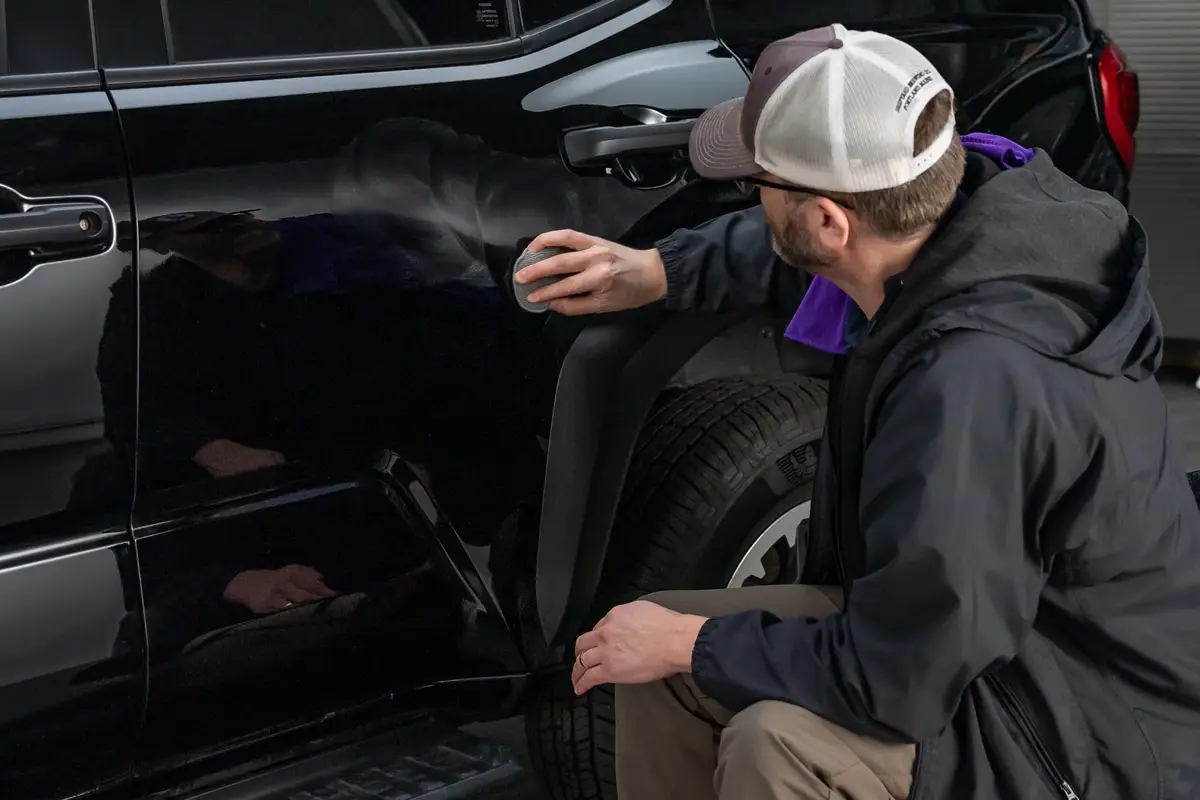Recalls Won't 'Totally' Fix Acceleration Problems, Toyota Says

In a breathtakingly candid moment, Jim Lentz, Toyota’s chief operating officer, said that the automaker’s recalls over unintended acceleration would “not totally” prevent future incidents. Lentz spoke this afternoon at the U.S. House Energy and Commerce Committee, which held three rounds of testimony regarding Toyota’s recalls of more than 6 million cars in the U.S. Lentz was grilled by lawmakers about the recalls and about the possibility that electronic issues could also cause unintended acceleration on top of the mechanical problems that led to the other two recalls.
In the first round of questions before Lentz’s testimony, the committee established that it would indeed be looking into electronic issues and not what led to the two major recalls.
The first testimony came from Mrs. Smith, a woman who experienced unintended acceleration in her 2007 Lexus ES 350 — a model recalled in last fall’s floormat recall — although she stated the floormat was not trapped in her car. At the time in 2006 Toyota representatives blamed the resulting accident on user error and brakes that weren’t properly maintained. The letter from Toyota said “when properly maintained, the brakes will always override the accelerator.” Over the course of the recall process it came to light that while the brakes can slow a car when a floormat is trapping it, the transmission also needs to be put into neutral and when possible the engine shut off. The 2007 through 2010 model year Lexus is also receiving a brake override system for added safety for consumers Toyota said in a recent system.
SIU professor David Gilber who we detailed earlier today was also in this early round of questioning and detailed what was unique about Toyota’s throttle software and sensors that could lead to these instances of sudden unintended acceleration. He was detailed in his descriptions and stated that he performed similar tests on GM and Honda vehicles which both resulted in immediate alerts from those vehicles’ safety systems.
He stated it took him approximately three and a half hours to discover the flaw in Toyota’s system that he then later tested more thoroughly which led to the ABC News story. When asked what the first thing he would do to fix the problem would be, Gilbert immediately responded that he would add a brake override system to every model involved.
Lentz’s testimony was a one-man affair facing down the entire sub-committee as they peppered him with questions, many that he didn’t have the answer to. Besides not being able to confirm the two recalls would prevent all acceleration issues, he said the company has not ruled anything out and would continue to use a third party research firm to look into the issue.
Lentz explained brake override systems could not be added to all models — eight of the recalled 15 models are receiving them — because not all of them have rewritable computer systems, which was not clarified.
Toyota’s Electronic Data Recorders — sometimes referred to as black boxes — were also brought up but Lentz said they are not in place in all U.S. models and there is only one prototype machine that can read them. It has not been used on a number of the cars involved in complaints of unintended acceleration. EDRs will become mandatory in all cars by 2012.
When asked whether any recalls may be forthcoming Lentz replied, “God, I hope there aren’t anymore.”

Former managing editor David Thomas has a thing for wagons and owns a 2010 Subaru Outback and a 2005 Volkswagen Passat wagon.
Featured stories




2026 Nissan Sentra Review: Long Live the Sedan

